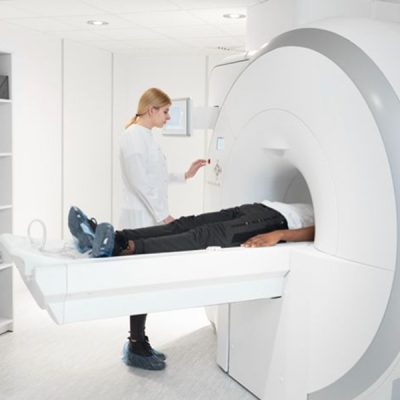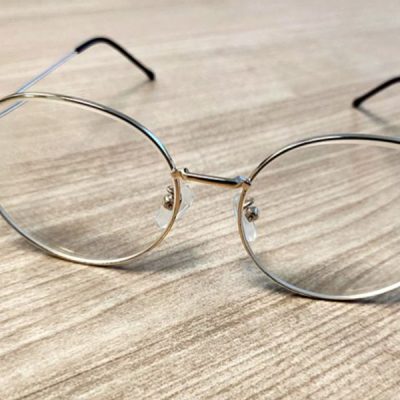Chronic snoring is often dismissed as a minor inconvenience, especially by those who live with it rather than those who endure its effects firsthand. Yet behind persistent snoring may lie a more serious condition—sleep apnoea. While lifestyle factors and sleeping positions can play a role, the diagnosis and management of this sleep disorder typically fall under the expertise of an ENT specialist. Understanding how these professionals detect sleep apnoea offers reassurance and clarity for those unsure when to seek medical help.
1. They Begin by Assessing Your Sleep History and Symptoms
An ENT specialist will usually start with a thorough discussion about your sleep habits and related symptoms. Patients often come in reporting loud snoring, morning headaches, daytime fatigue, or episodes of gasping for breath during the night. These signs may suggest obstructive sleep apnoea (OSA), where the airway becomes partially or fully blocked during sleep. While some may not realise these symptoms are linked, specialists are trained to interpret patterns that indicate an underlying issue requiring further investigation.
2. They Examine the Airway and Facial Structure
After the initial consultation, an ENT specialist will carry out a physical examination of the head, neck, nose, and throat. Their goal is to check for structural problems that could be contributing to airway obstruction. These may include enlarged tonsils, nasal polyps, a deviated septum, or a small jaw. Even the position of the tongue at rest can affect airflow. ENT specialists use tools like nasal endoscopy to get a closer look inside the nasal passages and throat, giving them a clearer understanding of what might be causing the snoring and disrupted breathing.
3. They May Recommend an Overnight Sleep Study
In many cases, ENT specialists will refer patients for a sleep study—known clinically as polysomnography. This test is conducted either at a sleep centre or through an at-home setup, depending on the severity and specifics of the symptoms. The sleep study records brain activity, oxygen levels, heart rate, and breathing patterns while you sleep. It helps determine if apnoea events are occurring, how often, and their intensity. The results give the ENT specialist a reliable framework to confirm the diagnosis and tailor treatment accordingly.
READ MORE: What Can an ENT Specialist Do for You?
4. They Correlate Sleep Study Findings with Physical Anatomy
Once the sleep study results are in, the ENT specialist evaluates them in the context of your anatomy. For example, a patient with frequent oxygen drops and airway blockages may also present with a narrowed nasal passage or a thickened soft palate. Rather than treating symptoms in isolation, ENT specialists link the physiological findings from sleep tests to the structural and functional aspects observed during examination. This comprehensive view allows them to identify whether the root cause lies in the nose, throat, or elsewhere in the upper airway.
5. They Explore Non-Surgical and Surgical Treatment Options
Diagnosis does not end with confirmation; it leads directly into the planning of next steps. ENT specialists will present treatment options based on the severity of the sleep apnoea and its causes. For mild cases, solutions might include weight management, positional therapy, or nasal sprays. Where anatomical issues are central, the specialist may suggest interventions such as nasal surgery, tonsil removal, or procedures to reduce the size of the soft palate. Every treatment path is shaped by individual needs, guided by evidence and experience to improve both sleep quality and long-term health.
6. They Provide Ongoing Monitoring and Adjustments
Once treatment begins, ENT specialists do not simply discharge patients and move on. Instead, they provide ongoing follow-up to monitor results and adjust the plan if necessary. Some patients require different approaches over time, particularly if lifestyle changes or new health issues emerge. Regular check-ins ensure that the airway remains clear, sleep quality is maintained, and symptoms do not return. This continuity of care helps patients stay on track and feel supported throughout their treatment journey.
7. They Recognise When to Collaborate with Other Experts
While ENT specialists focus on structural and medical solutions, sleep apnoea can sometimes involve other contributing factors such as obesity, neurological issues, or dental alignment. In such cases, they may refer patients to allied professionals like sleep physicians, dietitians, or orthodontists. This multidisciplinary approach ensures patients receive holistic care, covering all angles of the condition. The ENT specialist remains a key part of the team, guiding treatment and ensuring that each recommendation aligns with the patient’s overall airway health.
Conclusion
Chronic snoring may be more than a nightly disturbance—it can signal a serious health condition that deserves proper medical attention. Through detailed assessment, diagnostic testing, and personalised care, an ENT specialist plays a crucial role in uncovering the cause of sleep apnoea and guiding patients toward meaningful relief. By understanding the steps involved in this process, individuals and families can make informed choices about when and why to seek help.
Contact Dr Dennis Chua to schedule a consultation if you suspect your snoring may be linked to sleep apnoea.






